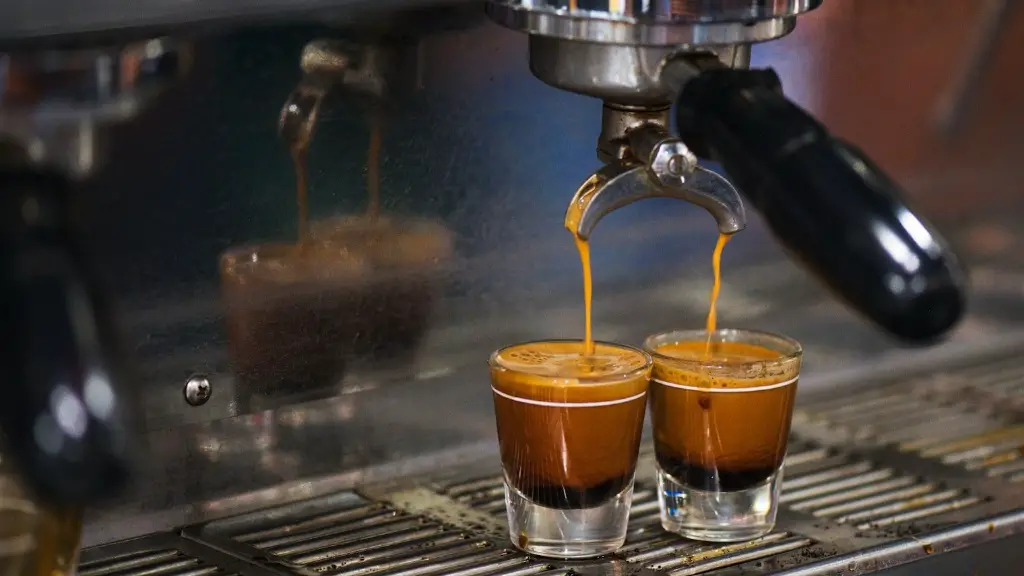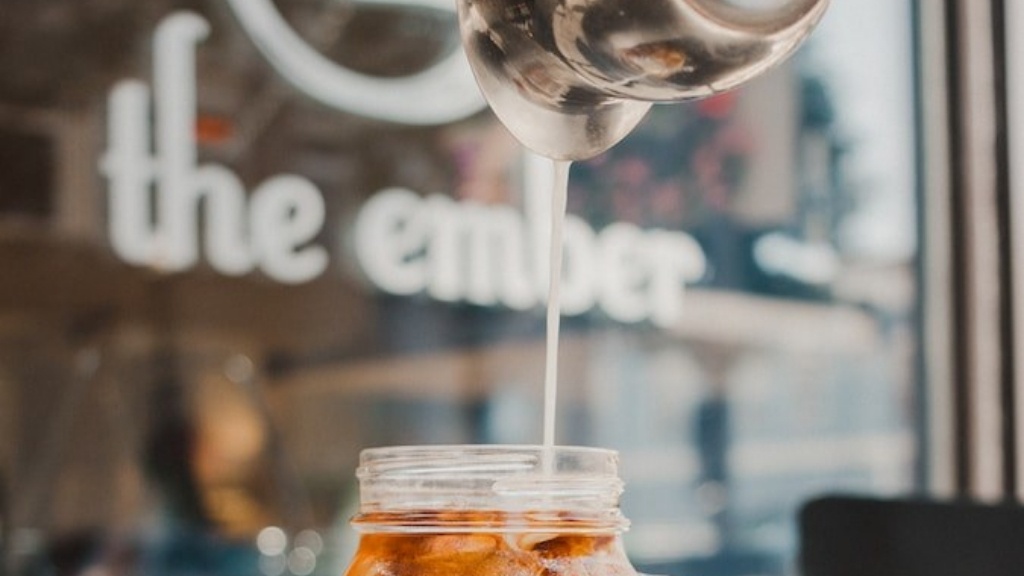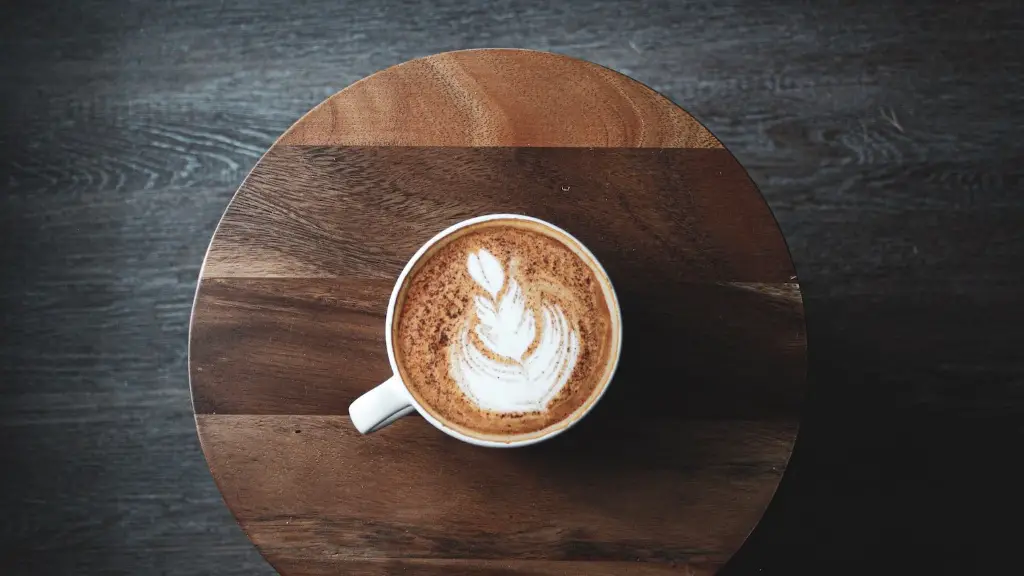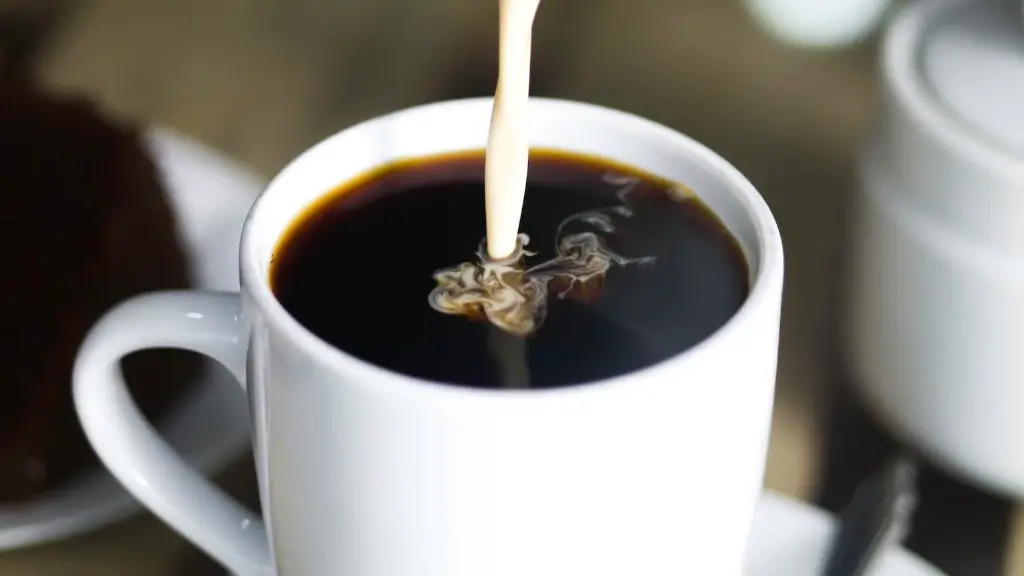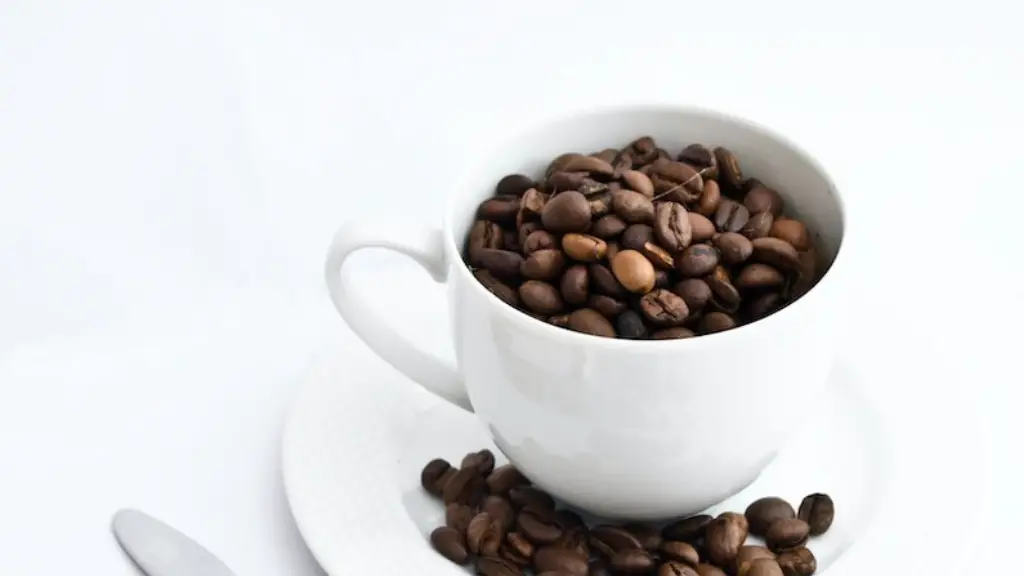Coffee, a beverage derived from roasted beans, is an important part of many people’s morning routines. But is there an appropriate age to start drinking it? Depending on one’s health and lifestyle, the picture around coffee drinking could vary greatly.
Studies conducted between 2008 and 2010 on the effects of coffee consumption have suggested that moderate amounts of regular or decaffeinated coffee, as part of a healthy diet, are unlikely to be harmful even in children and pregnant women. This is because some components of coffee, including antioxidants and B vitamins, are beneficial.
However, healthcare professionals still caution against giving coffee to younger children. According to Ervin Burak, a pediatric dietitian at the Cleveland Clinic, caffeine can raise the level of alertness, but it is still important for children to move around and engage in physical activity. Burak suggests keeping the intake of caffeine to a minimum until the age of eight or nine, as a healthy balanced diet with plenty of physical exercise should provide an adequate amount of energy for youngsters.
Moreover, it is important to recognize that when it comes to coffee and its potential benefits, age is not a reliable indicator; every case should be considered on an individual basis. As Dr. Chiaki Kawabata, a gastroenterologist at the Mayo Clinic, explains, “Many nutrition studies fail to address the fact that at different ages, different metabolic activities and processes are taking place within the body. What’s safe and appropriate for adults might not be so for children.”
Then there is the issue of caffeine addiction. It is generally advised to limit the intake of caffeine beverages, such as coffee and tea, by children and young adults since they can become dependent on it. A rise in coffee consumption has been linked to stress and anxiety in adolescents, and so it’s necessary for those in this age group to be mindful about how and why coffee is being consumed.
Ultimately, if coffee is of interest, then the best thing to do is to discuss it with a healthcare provider. Only a licensed practitioner can provide a more detailed assessment of a person’s health and give comprehensive advice on the potential effects of caffeine consumption.
Potential Benefits
When taken in moderation, coffee consumption can be a healthy part of one’s diet. Coffee has been associated with several potential benefits, including improved cognitive function, a decreased risk of type 2 diabetes and liver cancer, and a healthier cardiovascular system.
Studies show that adults who drink coffee come up with more creative solutions than those who abstain from it. Additionally, coffee may help to reduce one’s risk of developing Alzheimer’s and Parkinson’s disease, improve energy levels and even reduce the risk of depression.
In fact, numerous scientific studies have found that coffee can boost one’s metabolism and help burn fat. This benefit can be especially applicable to adults looking to manage their body weight, all while still enjoying the flavor of coffee.
Moreover, researchers from the University of Washington recently found a link between coffee consumption and overall longevity in adults. Regular coffee drinkers have been known to live longer lives than those who opt for other beverages.
Finally, for athletes and those who practice physical activities, coffee can sometimes be a helpful supplement. Studies have found that caffeine can increase anaerobic performance and help improve physical activities such as running, cycling and weightlifting; thus, providing an extra edge during athletic training.
Reasons To Avoid
Despite its potential health benefits, coffee itself is not without risks. Many people are unaware that caffeine is a mild diuretic, which means it causes the body to lose more water and minerals than it regularly would. Therefore, those engaging in physical activities or performance sports should be especially aware of this effect.
Moreover, coffee can be hard on the stomach, as it is known to cause heartburn, bloating and gas in some cases. Additionally, it can lead to an upset stomach with frequent digestion issues or diarrhea.
Furthermore, caffeine is a stimulant, and it can have an adverse effect in certain individuals. It can cause headaches and jitters in susceptible people, which can lead to sleep deprivation if taken too close to bedtime.
Studies have shown that coffee stimulates the production of cortisol, a stress hormone. If too much coffee is consumed, it can lead to extended periods of elevated cortisol levels, which can lead to anxiety and other mental health conditions. Therefore, caffeine consumption of any kind should be undertaken with caution.
Types Of Coffee
Coffee is one of the most popular beverages in the world, with the average US adult drinking approximately 3.2 cups a day. As such, there are a variety of different types to choose from. Popular options include espresso, latte, cappuccino and Americano, along with their variations.
Espresso is the concentrated form of coffee, made from finely ground coffee beans and brewed with hot water. It’s usually served in shots and is the base of several coffee drinks, including lattes and cappuccinos. It has a stronger flavor than regular coffee.
Lattes are made with espresso shots and steamed or frothed milk. They’re usually served with a teaspoon of sugar and sometimes with flavorings such as chocolate or vanilla.
Cappuccinos are made with espresso, steamed or foamed milk and finished with a dollop of cocoa powder or cinnamon. They tend to be served in larger sizes than lattes and contain less milk.
Americano is espresso mixed with hot water. It’s an ideal choice for those who prefer a milder and less intense coffee taste.
Coffee Alternatives
If coffee still isn’t one’s thing, there are plenty of tasty and nutritious coffee alternatives out there. Some popular ones include chai lattes, herbal teas and hot chocolate.
Chai lattes are made with black tea, spices and steamed or frothed milk. They have a delightful flavor and are usually low in caffeine, making them a great choice for those who want an alternative to coffee.
Herbal teas are teas brewed without any caffeine or stimulants. They are widely available and come in various flavors. Some popular options are peppermint, chamomile, rooibos, and hibiscus.
Hot chocolate is a classic beverage, especially in winter and popular with kids. It’s made with hot milk, chocolate powder, and often topped with whipped cream and marshmallows, making it both comforting and enjoyable.
Coffee Roasting
Coffee roasting is the process of heating coffee beans to various temperatures in order to achieve different flavor and aroma characteristics. During the roasting process, essential chemical and biochemical reactions such as caramelization and Maillard reaction take place, resulting in the desired flavor and taste profiles.
The different types of coffee roasts are generally classified based on the amount of heat and the resulting bean color and texture. The colors range from light to medium to dark and are associated with different flavors people like.
Light-roasted coffee beans tend to be sweeter and brighter, while medium and dark roasts achieve fuller body and deeper flavor. Light roast coffee is often referred to as “blonde” while darker coffees are known as “espresso” and are suitable for espresso-style drinks.
The process of coffee roasting requires skill and an understanding of the chemistry and physics behind it. The roast profile can be adjusted to bring out the desired beans’ flavor. And since each variety of coffee bean needs to be roasted differently, the art of roasting requires knowledge and precision.
Brewing Techniques
There are several methods of making coffee and each technique can lead to a unique cup of Joe. Different brewing techniques can be used to create either mild and delicate cups or intense coffees.
The most popular brewing techniques are drip, pour-over, cold brew and French press. Drip brewing is a common and easy way to make coffee and can be achieved with an electric coffee maker or a more traditional method.
Pour-over brewing is a bit more involved. To use this method, one needs to have the appropriate carafe, a filter holder and some pre-ground beans. Another popular technique is cold brew, which requires coarsely ground beans, cold or room temperature water, and steeping overnight.
The French press is one of the oldest and most popular ways of making coffee. It involves a cylindrical beaker, a plunger and a metal filter. To make coffee with a French press, the beans must be coarsely ground and then left to steep in hot water.
Whichever method you choose, it can bring out different flavors and require different ratios of coffee to water. It is worth experimenting to find the best cup of coffee that suits your taste.
